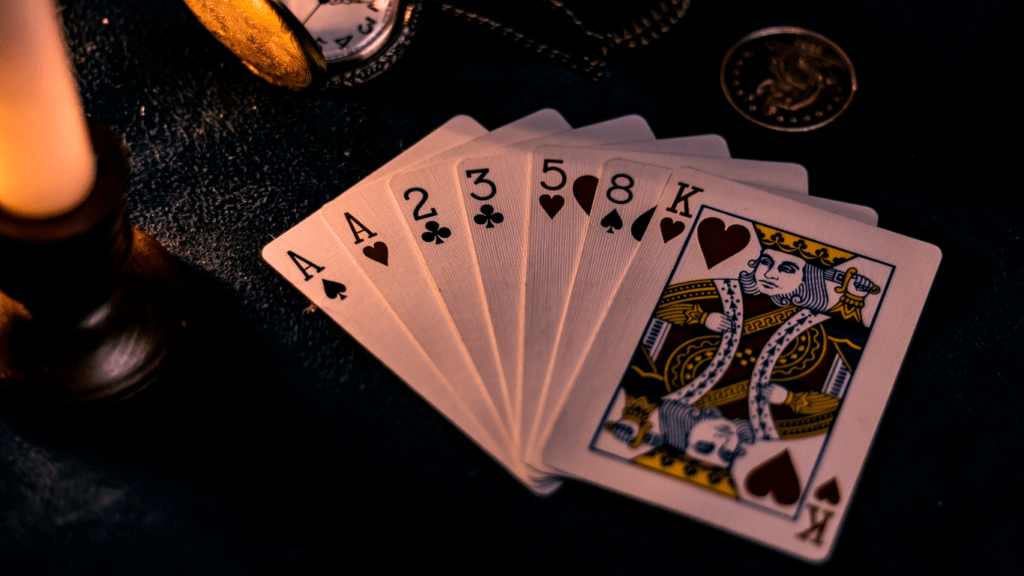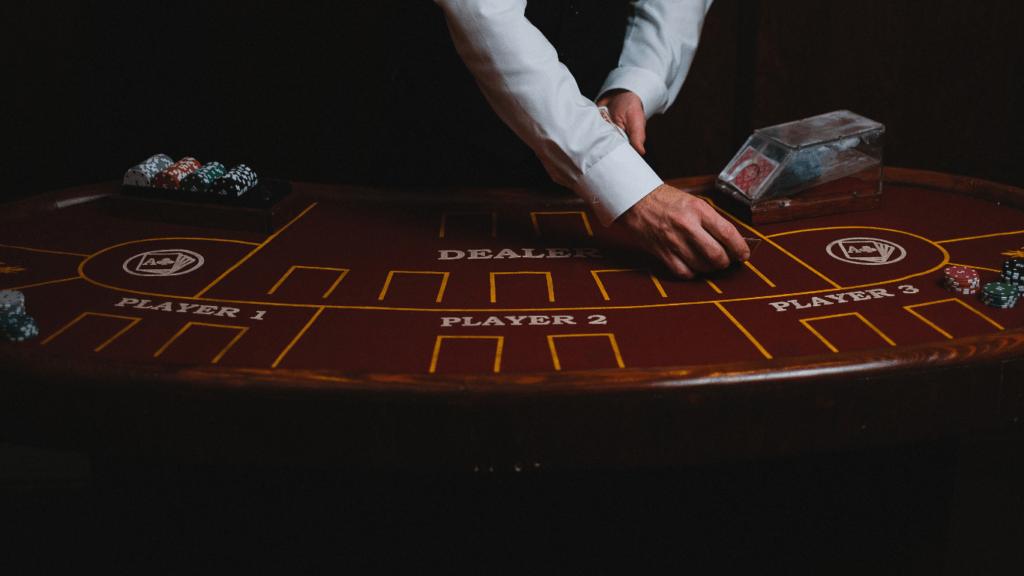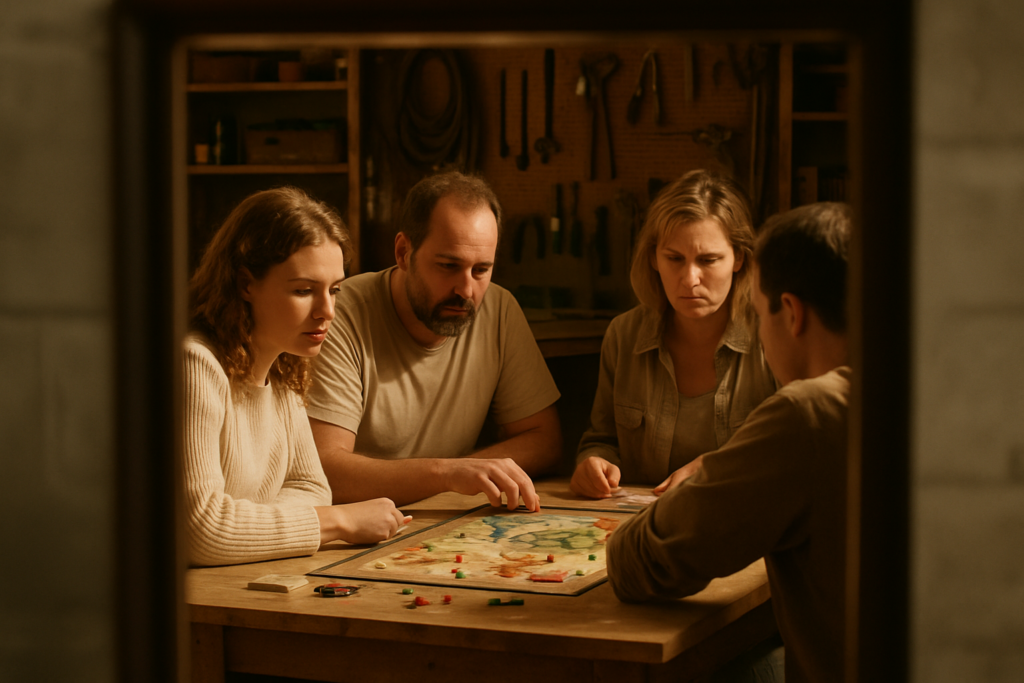Entering the thrilling world of high-risk casino games is a journey that delves deep into the human psyche. The allure of the unknown, the adrenaline rush of uncertainty, and the tantalizing prospect of a big win create a unique cocktail of emotions that captivate players.
From poker to roulette, each game triggers a distinct set of psychological responses that can shed light on our decision-making processes and risk tolerance levels. As I explore the intricate web of motivations behind playing these games of chance, we uncover the complex interplay between luck, skill, and psychology that keeps players coming back for more.
Join me on a fascinating exploration of the mind’s inner workings in the high-stakes world of casino gaming.
Understanding High-Risk Casino Games
Exploring the intricate realm of high-risk casino games reveals a captivating blend of psychology, strategy, and chance. In this domain, players navigate a landscape where decisions are not merely about cards or numbers but about emotions, perceptions, and risk assessment.
From the strategic maneuvers of poker to the swift spins of the roulette wheel, high-risk casino games elicit a spectrum of psychological responses that shape the gameplay experience. The interplay of excitement, uncertainty, and reward fuels the allure of these games, creating a dynamic environment where players’ psychological tendencies come to the forefront.
Factors Influencing Participation
In exploring the psychology behind playing high-risk casino games, several factors come into play that influence individuals’ participation. These aspects shed light on the intricate interplay of emotions, cognitive biases, and environmental stimuli that drive players’ decisions in the high-stakes world of casino gaming.
Cognitive Biases
As a player, my decisions at the casino table aren’t always rational, and this is where cognitive biases come into play. These mental shortcuts impact my judgment and can lead me to make decisions based on emotions rather than logic.
For example, the gambler’s fallacy might make me believe that after a series of losses, a win is due, leading to risky bets.
Emotional Influence
When I step into a casino, emotions run high, influencing my every move. The thrill of anticipation, the fear of losing, and the excitement of winning all play a part in shaping my decisions. Understanding how these emotions affect my gameplay is key to managing risk and ensuring a more controlled gaming experience.
Impact on Behavior and Decision-Making
Exploring the impact of high-risk casino games on behavior and decision-making delves into the intricate interplay of psychology and risk-taking in a casino environment. The emotional thrill and allure of these games significantly influence players’ actions, shaping their choices at every turn.
- Psychological Responses: In games like poker and roulette, players experience a range of psychological responses driven by excitement, uncertainty, and the promise of rewards. The strategic maneuvers in poker or the rapid spins of the roulette wheel trigger a cascade of emotions that fuel the thrill of high-risk gaming.
- Cognitive Biases and Emotional Influences: Cognitive biases, such as the gambler’s fallacy, can cloud judgment and lead to irrational decisions rooted in emotions rather than logic. The emotional atmosphere within a casino, characterized by anticipation, fear, and excitement, plays a pivotal role in shaping players’ choices, highlighting the need to grasp these emotional dynamics for effective risk management and a more controlled gaming experience.
- Understanding Motivations: By unraveling the psychological tendencies that drive individuals to engage in high-risk gaming, we gain a deeper comprehension of the motivations at play in this realm. Players navigate a landscape where decisions are informed by a complex blend of emotions, perceptions, and risk assessments, showcasing the intricate balance between psychological factors and strategic decision-making in the captivating world of casino gaming.
Psychological Strategies for Responsible Gaming
Exploring the realm of high-risk casino games reveals a complex interplay of emotions, psychology, and decision-making. As players navigate the landscape of games like poker and roulette, it becomes crucial to implement psychological strategies for responsible gaming.
By understanding and utilizing these strategies, individuals can enhance their overall gaming experience and mitigate potential risks associated with high-stakes environments.
- Setting Limits: Establishing clear limits on time and money spent on casino games is essential. By setting boundaries before engaging in gameplay, players can maintain control over their gaming habits and avoid impulsive decision-making influenced by emotions.
- Emotional Awareness: Being mindful of one’s emotions while playing high-risk games is key to responsible gaming. Recognizing feelings of excitement, frustration, or anxiety can help players make rational decisions based on logic rather than being swayed by temporary emotions.
- Risk Assessment: Constant evaluation of risk and reward is a fundamental strategy for responsible gaming. Understanding the odds, potential outcomes, and personal risk tolerance allows players to make informed choices during gameplay, reducing impulsive behavior.
- Seeking Support: In cases where gaming habits become concerning or difficult to manage, seeking support from professionals or support groups is crucial. Addressing underlying psychological issues or addictive behaviors can promote healthier gaming practices and overall well-being.
- Mindful Gaming: Practice mindfulness while engaging in high-risk casino games. Being present in the moment, focusing on gameplay, and avoiding distractions can enhance concentration and decision-making skills, fostering a more controlled and enjoyable gaming experience.
By incorporating these psychological strategies for responsible gaming into their approach, players can navigate the exhilarating world of high-risk casino games with a focus on mindfulness, control, and informed decision-making.



